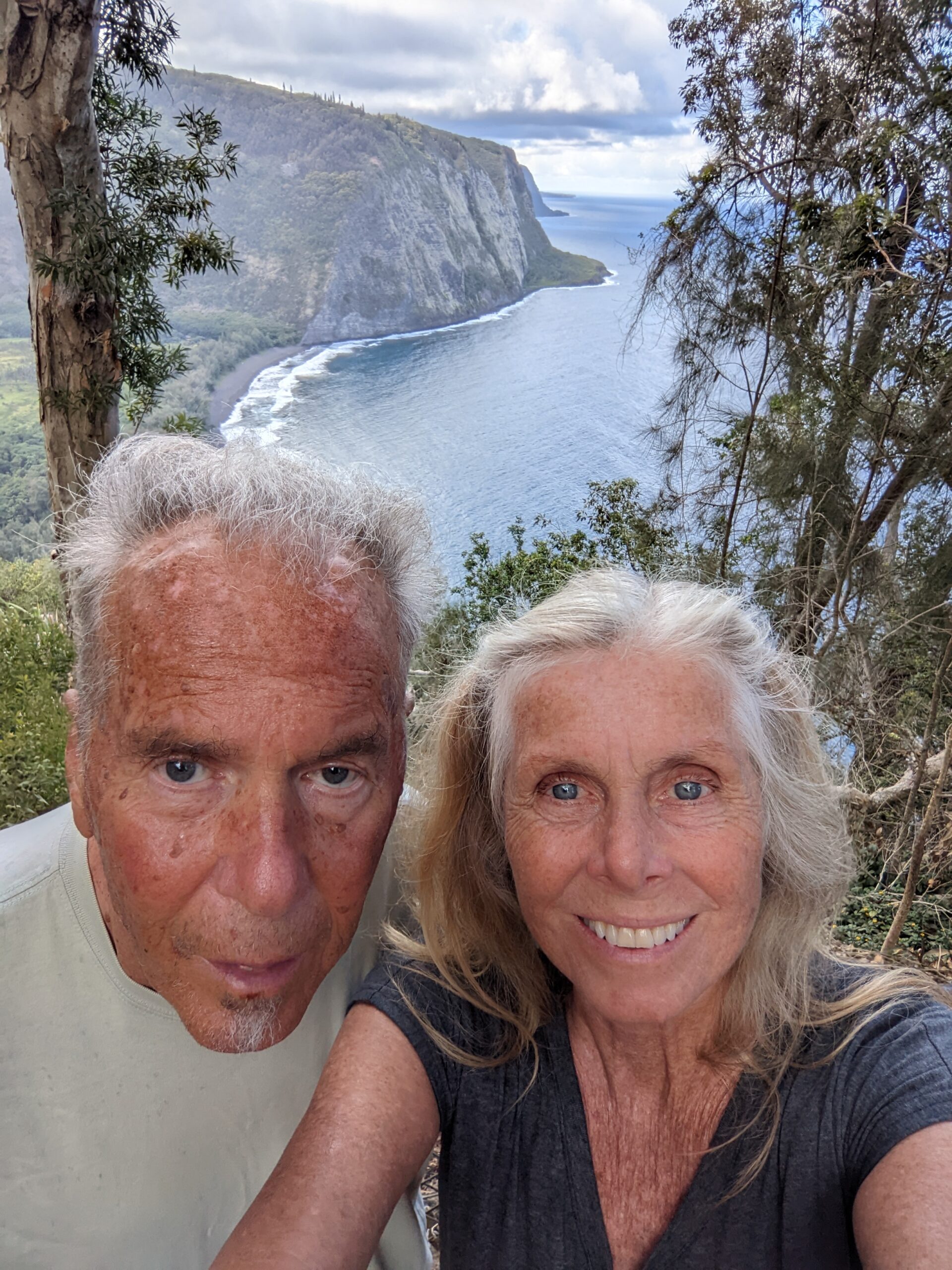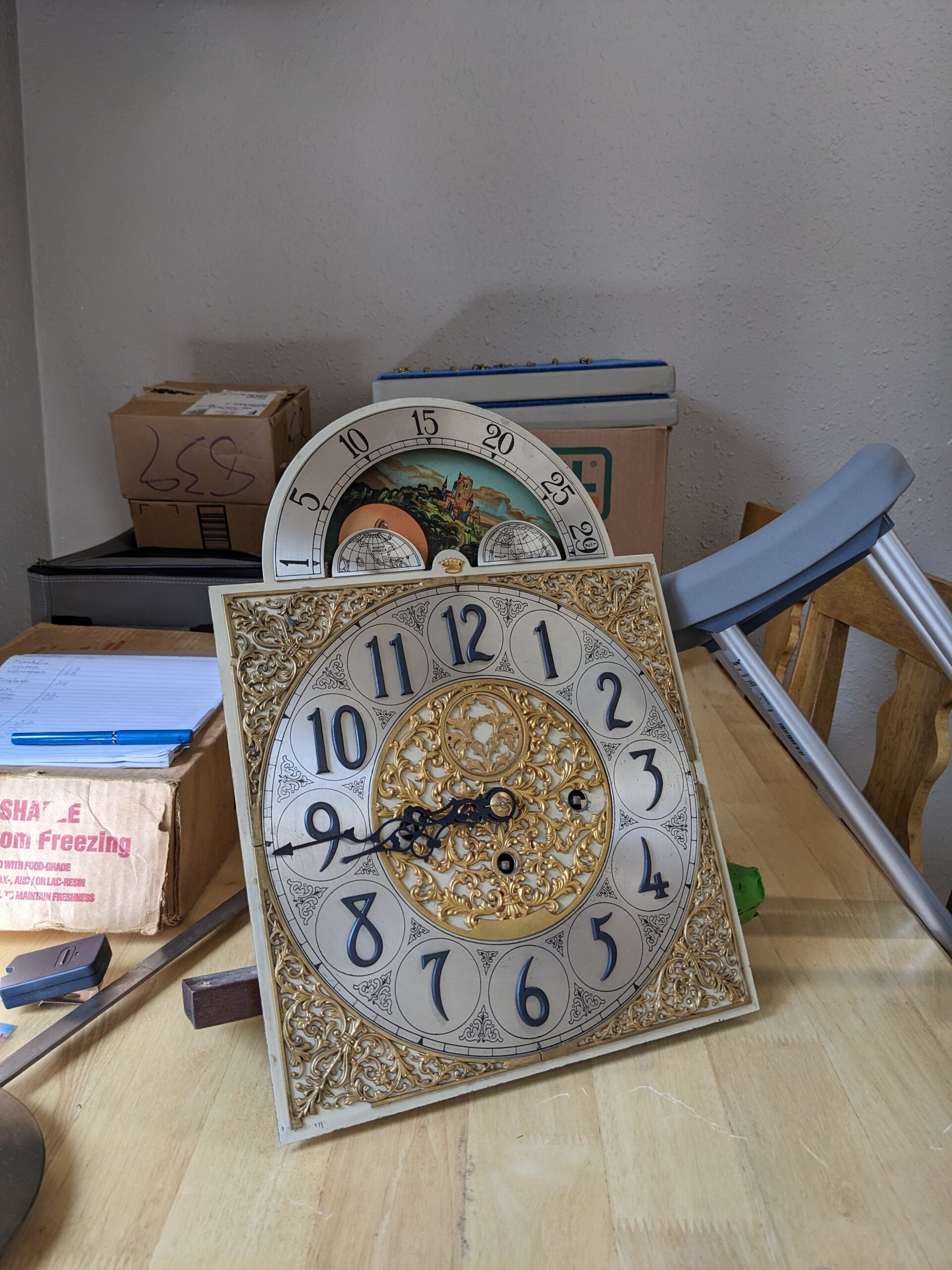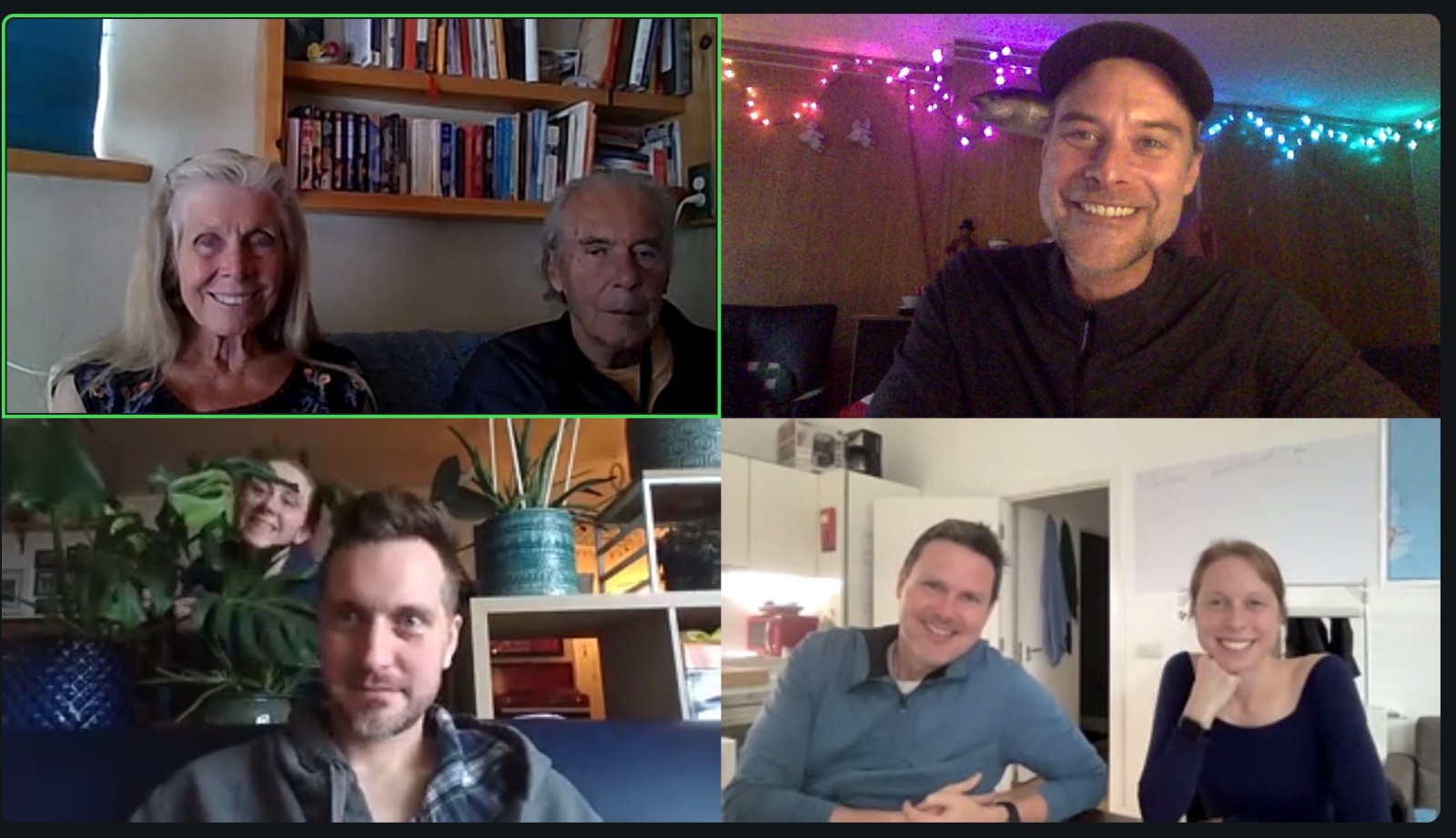
One of the amazing aspects I’ve experienced as a caregiver choosing honesty over being nice, is that honesty with a purpose leads us back to being nice.
In a life without a chronic disease challenge and in relationships that don’t require a caregiver role, I think it is most important to be nice. When being nice and being honest coincide as the same response, that is ideal. But when they don’t, what good can be accomplished by stating honestly that a situation is hard or boring or just not what one wants to be involved with?
In relationships between equals, being nice is primary. If someone has an experience that needs to honestly address something hard in the relationship, then appropriate care can be taken to state one’s truth and still be nice.
When our kids were at home, we had family meetings where we talked and worked through the misunderstandings and hard stuff that happens in any family. When someone acted unfairly, unpleasantly, unjustly, with a mean spirit or in other ways hurtfully, the family meeting was a safe and effective way to be honest with an intention to resolve the issue and be nice. This is one healthy way to be nice and honest when the circumstances don’t allow them to coincide without some effort.
When living in a long term relationship that includes a chronic disease and with one person being a caregiver to the other, the question of being nice or honest has another dimension to consider. When one is a caregiver there is an inherent dependence that upsets the balance. There is power involved in being a caregiver and no matter how much power is not wanted or desired, nevertheless, there is power.
I have been partners with Andy for 50 years and the last 20 years have been as his caregiver. We no longer have the equitable relationship we had for our first 30 years together. His freedom is always through me now. I drive us where we want to go, plan and cook all meals, manage our money, lead him in exercise and yoga, and tell him when he needs to wash his hands.
He follows my lead because he knows I want the best for him.
Because we lived without a disease for 30 years, I clearly see the changes that have occurred in our relationship since I’ve been Andy’s caregiver. I understand why it is sometimes more important for me to be honest- even if there could potentially be hurt feelings- rather than be nice. I never wanted to be anyone’s caregiver. This is a role I accepted because I couldn’t find any other good choice. I don’t like being in charge of our personal world but if I don’t step up then Andy and I will both suffer more than we already have.
Last winter, when I hurt myself while skiing, I phoned Andy from the ambulance that I was riding in and he answered. That was a small miracle because Andy can only whisper softly and usually won’t answer the phone because he can’t make himself heard.
“Andy, I said. “I will be okay but I am on my way to the hospital because I’ve broken my leg.”
“He whispered loudly, “I am going to drive to the hospital right now and meet you there.”
If only I could have said, “Thanks that would be great, I would love to have you there with me.”
That would have been nice for both of us but it would have also been unrealistic.
“Andy, I reminded him. “You no longer drive. It would be a risk for you to come to the hospital. It would not be helpful. Sean (my ski friend) is here and later he will come and help you with dinner and getting to bed. The best way you can help now is to stay home, stay safe and let Shine (our dog) in and out as he wants, okay?”
“Yes.” I heard him whisper through the phone line.
Reminding my husband of his present limitations is one of my most painful jobs. This necessity is juxtaposed with our mutual goal of living without many of the limitations Parkinson’s often causes.
One of the amazing aspects I’ve experienced as a caregiver choosing honesty over being nice, is that honesty with a purpose leads us back to being nice.
“Andy, please don’t cook without me because you often forget to turn the stove off.”
“Remember, I am here to help you with your I Pad, so you don’t have to feel frustrated.”
“Did you wash your hands after getting home from your workout? If not, please do now.”
Andy is able to accept my purposeful honesty without feeling diminished and his appreciation makes him be nice. His willingness to cooperate with my role as caregiver, makes me want to be nice.
For us, when we miss our relationship from before Parkinson’s this formula of being purposefully honest leading us to being nice is magic.
It works.






Be the first to reply